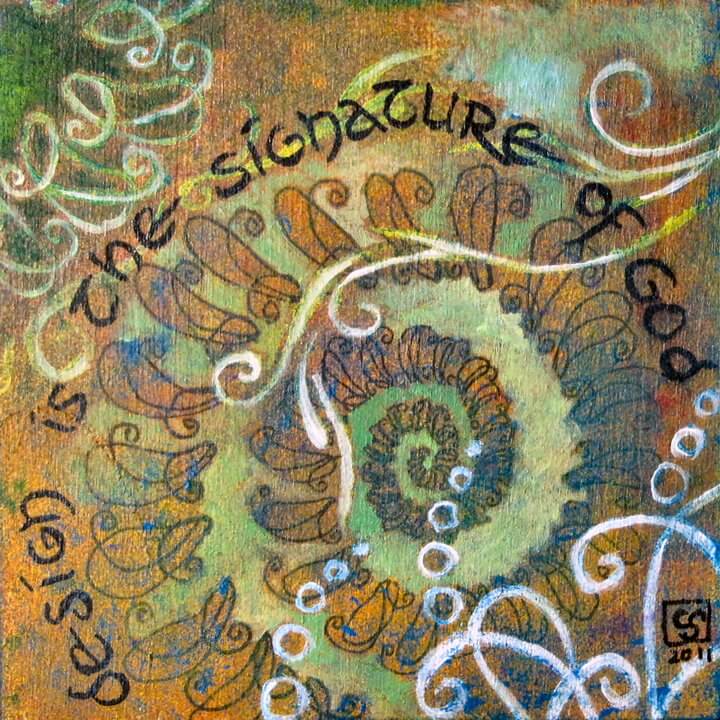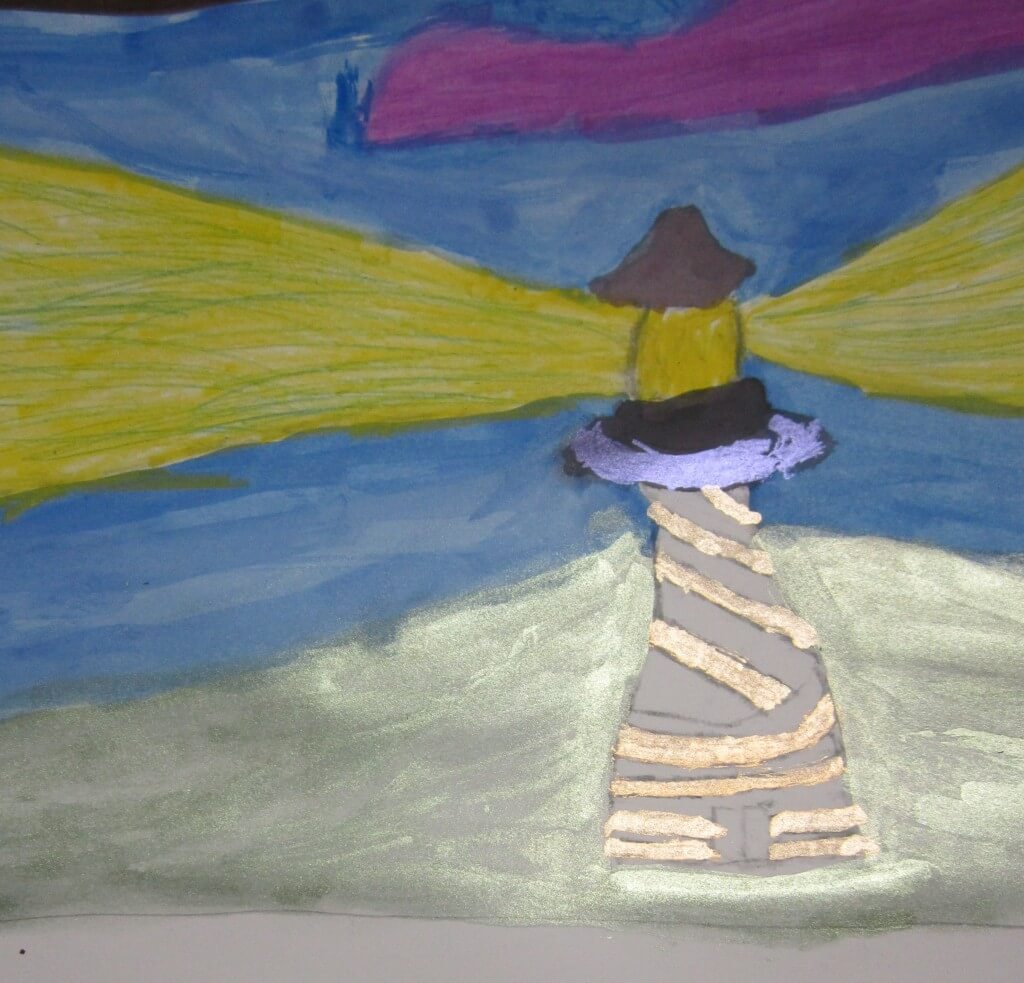-
What is the Nature of God?
The quick theological answer about the nature of God takes us through a quick tour of the “omnis”:
- Omnipotent: God is all powerful
- Omnipresent: God is in all places
- Omniscient: God knows all things
- Eternal: God is timeless
Biblically, I have questions about all of these statements. But the fact is, biblically, to say that the nature of God is his being or essence is to miss the point. That is a metaphysical answer to the question, not a biblical one.
There is one statement about the nature of God that is repeated many times in Scripture, and yet it is rarely quoted, or certainly not quoted as often as the omnis. The best answer to “what is the nature of God?” is:
“Yahweh, Yahweh God, compassionate and gracious, slow to anger, abounding in merciful faithfulness and truth, who keeps merciful faithfulness for thousands, forgiving iniquity, transgression and sin, yet he will not leave the guilty unpunished.” Exodus 34:6-7
This statement, in whole or part, is repeated at least 12 times in the OT alone. It is the basic creed of who God is, and is the basis for the statement “God is love” and is the basis for the NT statements which say that we, as God’s children, should imitate God (Luke 6:35-36; Eph 5:1).
Thus, we should focus on God being:
- Compassionate: One who understands and desires to help the weak.
- Gracious: One who gives of Himself to those in need
- Slow to anger: Doesn’t instantly respond to offenses, but takes time to consider a proper response
- Abounding in merciful faithfulness: When he keeps his promises, he does it for the benefit of those he is blessing
- Abounding in truth: Doesn’t lie, doesn’t break his promises
- Forgiving iniquity, transgression and sin: Is ready to cleanse the heart, mind and any debt incurred from any sin, real, ritual or imagined.
- Will not leave the guilty unpunished: Forgiveness is for the repentant, not for those who continue to purposely hurt others.
This is the true nature of God, and the basis of all biblical truth.
Would you like to talk about this subject in more depth? Go to the group: The Poor and the Bible
-
Where’s Peter Waldo?
Around 1170s in Lyons there was a wealthy businessman named Peter Waldo (his last name could also be pronounced Valdes). He was a firm believer in Jesus and wanted to do all he could to obey him. So he asked a monk to translate the words of Jesus into a language Peter could understand. The monk did so, and so the book called Sentences was completed. Peter studied this book day and night, amazed at the teaching of Jesus.
Among the teaching he read were these:
“Sell your possessions and give to the poor.” Luke 12:33
“Anyone who does not surrender all that he has cannot be my disciple.” Luke 14:33
“The Lord appointed seventy and sent them in pairs ahead of Him to every city and place where He Himself was going to come. And He was saying to them, “The harvest is plentiful, but the laborers are few; therefore beseech the Lord of the harvest to send out laborers into His harvest. Go; behold, I send you out as lambs in the midst of wolves. Carry no money belt, no bag, no shoes; and greet no one on the way. “Whatever house you enter, first say, ‘Peace be to this house.’ If a man of peace is there, your peace will rest on him; but if not, it will return to you. Stay in that house, eating and drinking what they give you; for the laborer is worthy of his wages. Do not keep moving from house to house Whatever city you enter and they receive you, eat what is set before you; and heal those in it who are sick, and say to them, ‘The kingdom of God has come near to you.’ “ Luke 10:1-9
After studying the teaching of Jesus for years, Peter determined that he needed to obey Jesus. He sold his possessions, sold his business, provided all his resources for the poor and began to preach the word of Jesus. Immediately, some of the leaders of the church were upset with him. They tried to stop him from preaching, saying that only the appointed bishops could preach God’s word. They tried to find all the copies of the Sentences and burn them. They even killed the monk who translated the Sentences for Peter.
However, they could do nothing to stop Peter Waldo, who gathered more and more followers. These followers were called “The Poor of Christ” and later called Waldensians. These followers were made up of the poor and women who were taught the words of Jesus and then sent out to preach them. The Waldensians taught that Jesus said we are to sell our possessions and give to the poor. They taught the Sermon on the Mount. They taught that the poor are not to be despised but accepted as brothers. They taught that the Bible should be followed, not human authority.
http://www.kidspast.com/world-history/0299-waldensian-church.php
The Waldensians grew from a tiny movement to one that filled all of Europe. Eventually, the persecution against the Waldensians became so great that whole armies were sent out against them and thousands were killed and many more were tortured. It was illegal to be a Waldensian all over Europe. However, the Waldensian movement survived and exists today in Italy. They have since joined with the Methodist church.
A historical note: Peter Waldo wasn’t given the name “Peter” until many years later. He was known in his time as “Valdes”
For more information:
http://en.wikipedia.org/wiki/Waldensianshttp://homepages.rootsweb.ancestry.com/~waldense/history.htm#I2
-
-
BLight Magazine
 Sisters of the Road is a great organization located in downtown Portland. Their main service is providing a meal for a little bit of labor or for a dollar twenty five. But they have also been heavily involved in organizing the homeless, providing information about homelessness and encouraging the city to help the homeless.
Sisters of the Road is a great organization located in downtown Portland. Their main service is providing a meal for a little bit of labor or for a dollar twenty five. But they have also been heavily involved in organizing the homeless, providing information about homelessness and encouraging the city to help the homeless.They now have a publication called Blight Magazine, which we just received from one of our members. There’s a number of good articles in there and some good art.
-
Anawim Art Studio
In Rockwood, the poorest community in the Portland metro area, there is a place where the poor can go to exercise their creativity and to produce some marvelous works of art. Twice a week, at the Anawim Art Studio, anyone can come free of charge and paint, draw or color, using a variety of media.
“My aunt was worried I was too isolated but I told her I come here every Wednesday and Saturday for my art lessons. It helps me remember how good I have it.” –Linda who lives alone in her mobile home
The Studio also has an on-site artist, Yvan Strong, who has been an accomplished artist for 44 years. She guides those who come to improve their art, or to give ideas of how to get started. She has hosted an open art table for the poor for many years and has been teaching art since she was a teen.
The studio is open on Wednesday from 1 to 4 and Saturdays from 11 to 3 and it is located at Sanctuary, 19626 NE Glisan. Anyone is welcome.
To keep the Art Studio open, we need some supplies and some finances.
White paper
Acrylic paints, in pints, basic colors
Fan tip brushes
Adhesives: Yes paste; Tacky glue
Studio sized paper cutter
Gesso
Cotton duck for canvas (available at cloth stores)
Stretcher bars 12s, 16s (both sizes are needed to make one canvas)
Matte cutting system
Matte board (uncut)
Plastic sleeves with seal (for art)Budget:
Artist stipend: $300 a month
Studio rent: $400 a month
Supplies: $100 a monthOur Financial Goal for this year: $8400
If you’d like to help, please go to Anawim’s donation page for the information. On the check or Paypal memo line, indicate that you want to give to the Art Studio.
3733 N Williams Ave
Portland, OR 97227
503.888.4453
AnawimCC@gmail.com
Ministry Locations and Times »















